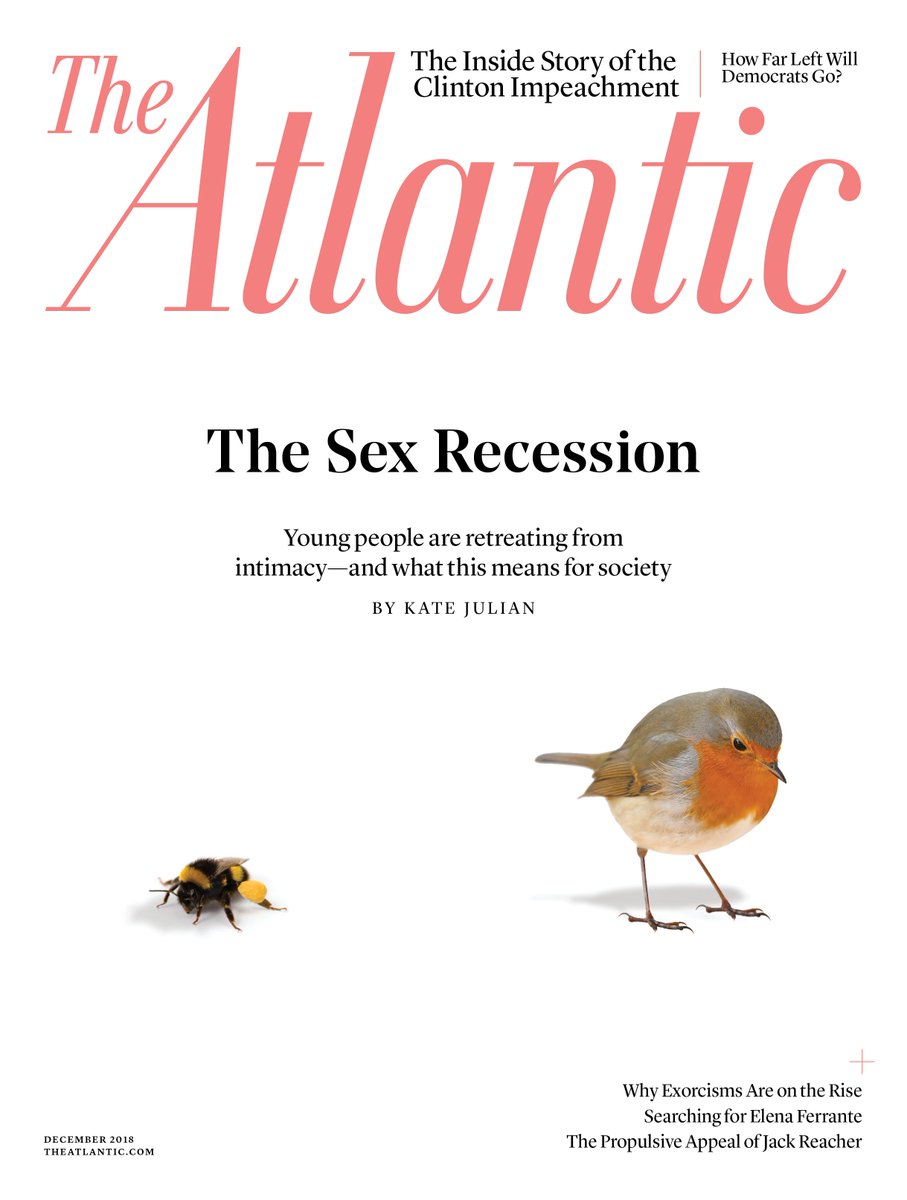First, most obvious pt: we have dealt with similar problems before! We tend to regard the FB prob--a private corp controlling the mass public sphere—as unprecedented, but that is just not the case. At the Founding, the fed gov was primary regulator of the mass public. 2/15
But ever since the fed gov decided in 1850s to not create a public telegraph—a decision that shocked many, including its inventor, Robert Morse, who thought only a dem gov should have this power—private corps have played a crucial role in regulating our public sphere. 3/15
FB is NOT the first corp that has had to act as a private speech police. This is not even the 1st time a corp has created an advisory board to give its speech decisions more legitimacy and thereby stave off unfriendly regulation (what I take to be the FOB's goals). 4/15
In the 1920s, the media behemoth of that age, NBC, created its own Advisory Council to develop speech rules for the many radio stations it controlled. Like the FOB, the Advisory Council was stocked with prominent people—John W. Davis, solicitor general of the US . . . 5/15
Charles Evan Hughes, future CJ of the US Supreme Court, and Elihu Root. Like the FOB, the Advisory Council was designed to take difficult speech Qs off the desk of the executives. Like the FOB it made imp’t policy decisions. 6/15
For example, the Advisory Council decided that news about the feminist mvmt for birth control was not appropriate to air on the radio b/c the public was not ready to hear such things. (This is from Louise Benjamin’s book on the Council)
https://t.co/YYxwRxPAUF
The Advisory Council also developed the core requirmt of the Fairness Doctrine when it decreed that when presenting controversial public Qs radio stations should “give equal opportunity to both sides or as many sides as there are”. 7/15
The example of NBC Advisory Council thus suggests that we should not ignore the FOB b/c the decisions by private regulatory bodies can profoundly affect how we/regulators think about questions about which there is no public consensus yet... 8/15
Questions like: what are the speech rules that should govern the digital public sphere? In this context, the FOB’s decisions can anchor public convo, just like the Advisory Council decisions did (and obv can do so for good but also for bad). 9/15
So I think it is perfectly appropriate to pay attention to what FOB is doing, but also to be skeptical about its mission, its limits, and its effects. And if we don’t want to have to pay attention, we need to develop alternative institutions to do what FOB is doing. 10/15
The history of the NBC Advisory Council also points us to what is new here: NOT the problem of private speech regulation of the mass public sphere. That is an old problem! What is new is the possibility that the gov may not also be able to robustly regulate this sphere.11/15
After the Advisory Council first developed the core requirmt of the FCC Fairness Doctrine, skepticism that NBC would implement this requrmt effectively led the fed govt to implement it, to provide basic rules for radio that were NOT just advisory. 12/15
Today, with a much more laissez faire First Amendment, it is not obv that even if Congress were to decide it didn’t like what FB was doing, it could do much about it. It is much more likely today that the Court would deem such intervention unconstitutional. 13/15
I think this is a misreading of the First A and am going to soon publish something saying as much (stay tuned!). But what it suggests about the
@klonick piece is that the prob with the the FOB is NOT that we are talking about it too much. 14/15
The problem is the profoundly constrained legal environment in which FOB is operating. It is this that I wish people were talking about MORE. To blame FB or
@klonick for this state of affairs is deeply misguided. End.
































